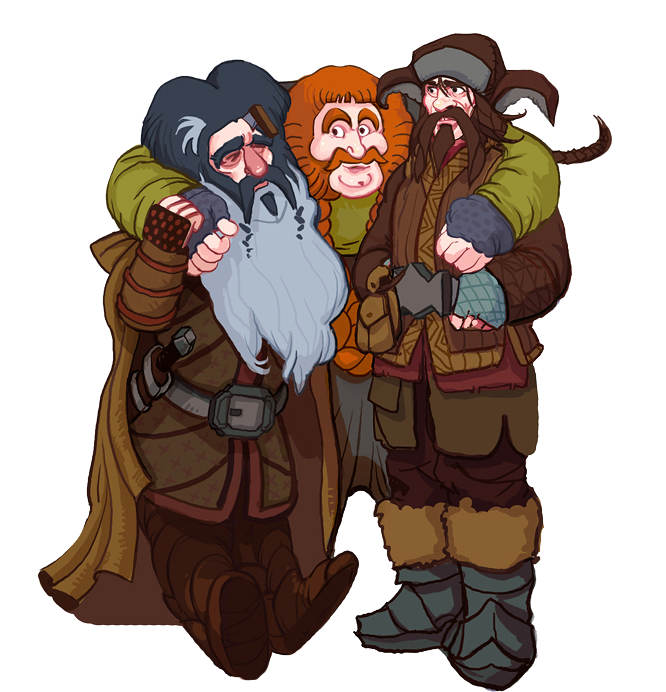 Welcome to our weekly live webcast — TORn TUESDAY — now on the 5th part of our ongoing series of discussions on the History of the Dwarves who undertake the Quest of Erebor. Today we talk about BIFUR, BOFUR and the immensely overweight and endearing BOMBUR (Go #TeamBombur on Twitter!). Bring your questions and join us LIVE for a fascinating chat about how these characters are all intertwined. Continue reading “BIFUR, BOFUR & BOMBUR Dwarven History Part 5 on TORn TUESDAY *Live* Webcast!!”
Welcome to our weekly live webcast — TORn TUESDAY — now on the 5th part of our ongoing series of discussions on the History of the Dwarves who undertake the Quest of Erebor. Today we talk about BIFUR, BOFUR and the immensely overweight and endearing BOMBUR (Go #TeamBombur on Twitter!). Bring your questions and join us LIVE for a fascinating chat about how these characters are all intertwined. Continue reading “BIFUR, BOFUR & BOMBUR Dwarven History Part 5 on TORn TUESDAY *Live* Webcast!!”
Category: Green Books
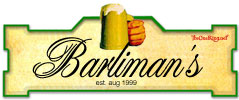
Last weekend, the Hall of Fire crew examined the confrontation between Gandalf, Theoden and Grima (plus much more) as we discussed the Two towers chapter The King the Tale of the Golden Hall. For those who couldn’t attend, here’s a log.
And remember, tomorrow (May 25 at 6pm EDT) we’ll be discussing Isildur and examining to what extent he was the shaper of the Third Age. Continue reading “Hall of Fire chat log: The King of the Golden Hall”
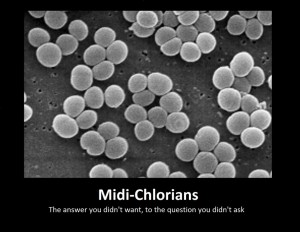
…The boy nodded his understanding. “Can I ask you something?” The Jedi Master nodded. “What are midi-chlorians?” Wind whipped at Qui-Gon’s long hair, blowing strands of it across his strong face. “Midi-chlorians are microscopic life-forms that reside within the cells of all living things and communicate with the Force.”…
…”Use the Force, Luke.”…
…Raistlin lifted his thin, frail hand and allowed the spell component he had taken from his pouch to fall slowly from between his fingers onto the deck of the boat. Sand, Tanis realized. “Ast tasarak sinuralan krynawi,” Raistlin murmured, and then moved his right hand slowly in an arc parallel to the shore….
…”The One Power,” Moiraine was saying, “comes from the True Source, the driving force of Creation, the force the Creator made to turn the Wheel of Time.”…
Bibbidi, bobbidi, boo.
There seem to be almost as many ways of representing magic as there are fantasy writers. Role-players know the whole system with mages, spell components, spellbooks, the language of magic, etc. Jordan fans can tell you the ins and outs of the One Power, complete with a discourse on the varying characteristics of saidar and saidin, and the innumerable levels of strength among Aes Sedai. And Star Wars geeks (a word I use with love, considering that I myself am a dyed-in-the-wool geek!) were stunned when Lucas started explaining the universe-balancing Force with microscopic middlemen, instead of with the innate power of Luke Skywalker and Darth Vader. What ties them in common is that they each have a system, a framework with rules and laws almost more complicated than those of physics. Mages lose their spells after one casting, and must rest and recommit the words to memory before casting again. Aes Sedai spend years in training, because abuse of the One Power can too easily lead to death… and evidently you’ve got to be well-stocked on single-celled symbionts (is that even a word? My spellchecker sure doesn’t like it) to even make a dent in the Force. Fantasy writers delight in coming up with their own, hopefully brand-new systems, to give their books that added twist, that spark that no other sword-swinging Elf-hopping kender-singing dragon-flying books have. But what about Tolkien? Where is the system? What are the rules which govern the making of Rings of Power, which delineate the powers and limits of Istari, of Maiar, of Valar? He never talks about a framework or physical laws; we only see the results of the power’s use. Where does the power come from?
Continue reading “Tolkien and Magic: The Power of Individuality”
 Barliman’s Chat Last weekend, the Hall of Fire crew examined the Tale of Aragorn and Arwen. Belatedly, for those who couldn’t attend, here’s a log. Continue reading “Hall of Fire chat log: The Tale of Aragorn and Arwen”
Barliman’s Chat Last weekend, the Hall of Fire crew examined the Tale of Aragorn and Arwen. Belatedly, for those who couldn’t attend, here’s a log. Continue reading “Hall of Fire chat log: The Tale of Aragorn and Arwen”
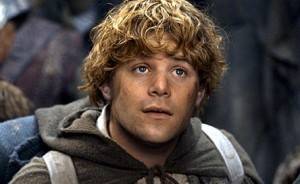 Most people think Frodo is the true hero of The Lord of the Rings. To put it another way: It is accepted by nearly all readers that the novel is about Frodo. It’s his quest, his burden, he’s the focus. The little blurbs in magazines that are designed for the non-initiate read like this: “The story of a hobbit, Frodo Baggins, who is sent to destroy an evil Ring of power…” Sound like a good pitch? Not quite.
Most people think Frodo is the true hero of The Lord of the Rings. To put it another way: It is accepted by nearly all readers that the novel is about Frodo. It’s his quest, his burden, he’s the focus. The little blurbs in magazines that are designed for the non-initiate read like this: “The story of a hobbit, Frodo Baggins, who is sent to destroy an evil Ring of power…” Sound like a good pitch? Not quite.
The main character is really Samwise Gamgee, though you may not know it. I’m telling you now, it’s all about Sam.
You can safely argue Frodo Baggins should be the centerpoint of the tale. In The Hobbit Bilbo had the limelight for an entire book, and no one came close to grandstanding him (except maybe Smaug). Seems like Tolkien intended to chronicle the history of the Baggins family; first through Bilbo’s adventures–then with Frodo inheriting more adventures than he bargained for.
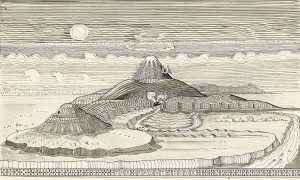
So it is a real pleasure to help publicize events like the 3rd Conference on Middle-earth and its Part 2 scheduled for 2014 in Westford, MA. The word is getting out now to declare that the conference is currently accepting papers. Below is the full press release with links, some of which show how many decades back the event reaches:
The 3rd Conference On Middle-earth, Part 2, to be held March 28 – 30, 2014
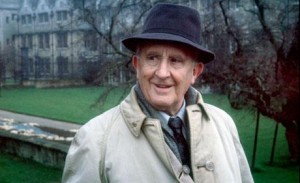 in Westford, MA, USA, is currently soliciting papers, presentations, paper proposals, and panel proposals from persons with scholarly interest in any aspect of the worlds of J.R.R. Tolkien.
in Westford, MA, USA, is currently soliciting papers, presentations, paper proposals, and panel proposals from persons with scholarly interest in any aspect of the worlds of J.R.R. Tolkien.
Suggested topics are: J.R.R. Tolkien’s works, influences on Tolkien, other works based on Tolkien’s writing, criticism, teaching Tolkien in the classroom, the books’ impact on oneself and/or the world, the films and the film industry, the music, the art, the fannish side of this universe and its impact, and anything you can imagine on topic. For examples of previous papers and panels, see the programming for the 1st, 2nd, and 3rd conferences: 1st Conference, 2nd Conference, and 3rd Conference.
A few areas of interest are:
• The languages of Middle Earth: how Old English (including Anglo-Saxon riddles), the Eddas, etc. influenced TLOTR.
• Elements of northern European myths that appear in TLOTR.
• The impact of World War I on Tolkien and his writing.
• The impact of The Hobbit and TLOTR on 1960s and 1970s popular music.
• Artistic visions of Middle-earth.
• The astronomy of Middle-earth. [For example, when is Durin’s Day?]
• The geography of Middle-earth.
• The geology of Middle-earth.
• The flora and fauna of Middle-earth.
• The clothing of Middle-earth both from the books and the films.
• The food of Middle-earth.
• The poetry and songs of Middle-earth.
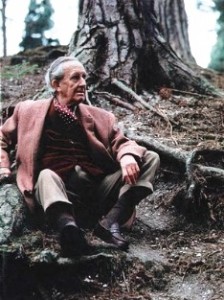 Only members of the 3rd Conference On Middle Earth, Part 2, will be able to present and participate. Once papers and proposals have been accepted, the presenter/panelist will need to join the conference (the sooner the better, before rates go up), if they are not already members. If an author cannot be present, then arrangements can be made for a third party to read the paper. However, as indicated, the authors must be members of The 3rd Conference On Middle-earth, Part 2.
Only members of the 3rd Conference On Middle Earth, Part 2, will be able to present and participate. Once papers and proposals have been accepted, the presenter/panelist will need to join the conference (the sooner the better, before rates go up), if they are not already members. If an author cannot be present, then arrangements can be made for a third party to read the paper. However, as indicated, the authors must be members of The 3rd Conference On Middle-earth, Part 2.
Paper Proposal: Please email a 250-word abstract including the presentation title, your name, e-mail address, your mailing address and phone number, or alternately a second e-mail address. The maximum reading time for the finished paper is 30 minutes, roughly 2000 words, though it may be less. We will confirm receipt of proposal by e-mail.
Panel Proposal: Please email the panel name and a 250-word abstract. Please include the panel title, the panel chair (who may be one of the presenters), e-mail address, the mailing address and phone number, or alternately a second e-mail address of each presenter. The receipt of proposal will be confirmed by e-mail.
Submit your proposal to: programming@3rdcome.org.
Deadline for Submissions: You may submit a proposal up through Tuesday, 31 December 2013. Participation is limited, so submissions may close early—so it’s best to get a proposal in sooner rather than later.
NOTE: Confirmation of receipt of submissions does not guarantee acceptance for presentation.
Check out http://www.3rdcome.org for more information on the conference.


